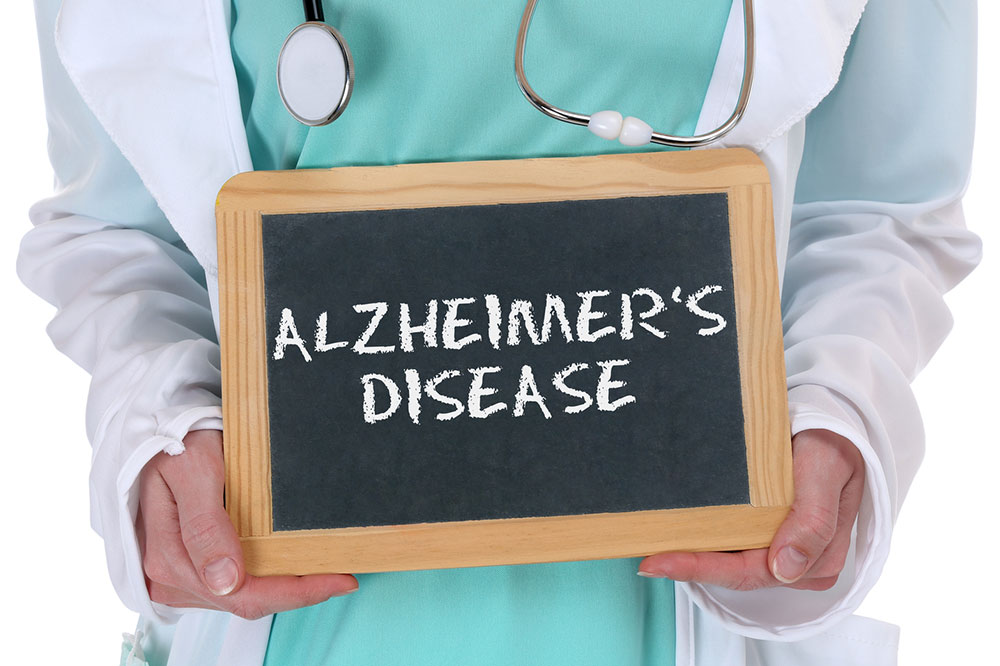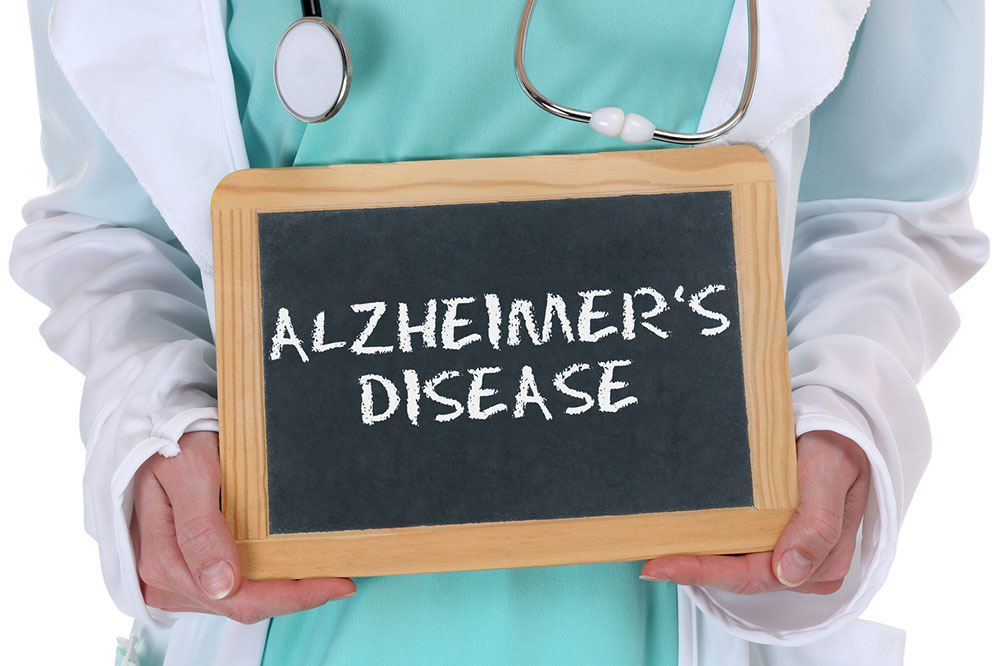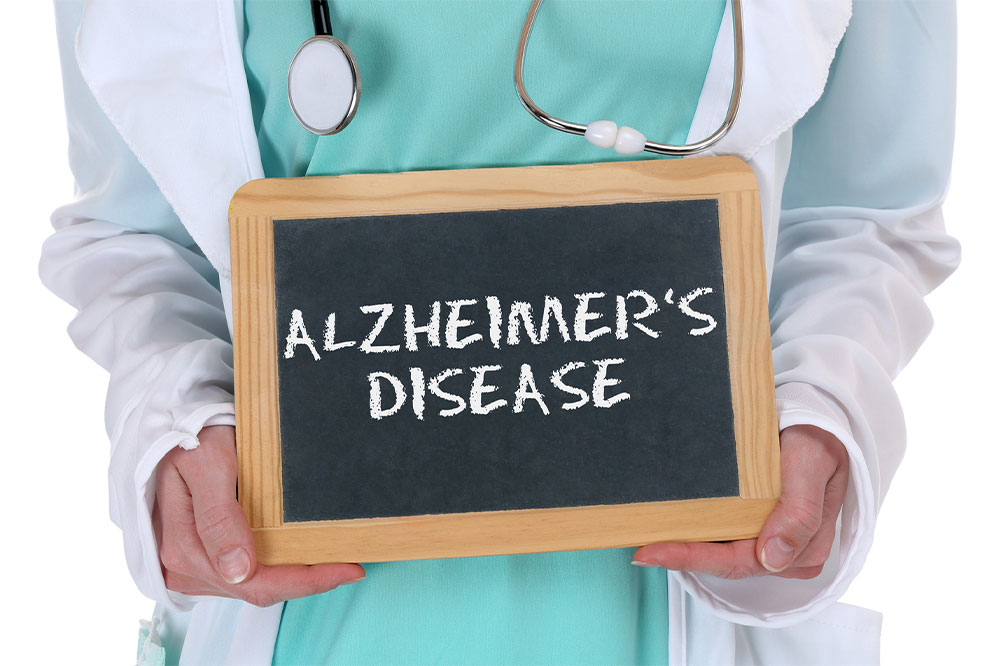Ultimate Guide to Understanding Alzheimer’s Disease
This comprehensive guide offers insights into Alzheimer’s disease, covering its stages, symptoms, causes, diagnosis, and management options. Aimed at patients, caregivers, and healthcare professionals, the article highlights essential information to better understand and cope with this neurodegenerative disorder.
Sponsored

Alzheimer’s disease is a progressive neurological disorder that leads to the death of brain cells. It manifests with early signs such as memory lapses and declining thinking skills, worsening over time. As the most prevalent form of dementia, it affects millions worldwide, with over 5 million new cases each year. The disease unfolds through various stages, from initial no symptoms to severe decline. Understanding its progression, symptoms, causes, diagnosis, and management options is crucial for patients and caregivers alike.
Progressive Stages
Alzheimer’s advances through seven detailed stages, as outlined by the Alzheimer’s Association, starting from no impairment to severe cognitive decline.
The initial stage involves no noticeable symptoms, followed by mild and moderate phases characterized by subtle signs. Diagnosis often occurs during early-stage or mild Alzheimer’s, with the final stage marked by profound cognitive and functional impairments. The disease progression can be summarized into three main phases: preclinical (no symptoms), mild cognitive impairment (early symptoms), and dementia (severe decline).
Early Indicators
Memory deterioration is among the earliest symptoms, often appearing as forgetfulness. As the disease progresses, behavioral, mood, and personality changes emerge. Patients may display poor judgment, misplace objects frequently, and struggle to follow familiar routines. As the condition worsens, they require full assistance with daily activities and might experience depression.
Possible Causes
While the exact cause of Alzheimer’s remains unknown, research points to multiple risk factors. Age is a primary factor, with older adults being more vulnerable. Family history and genetic predisposition also play significant roles. Additional contributing factors include cardiovascular health issues like high blood pressure, elevated cholesterol levels, and heart disease.
Diagnostic Approaches
Diagnosing Alzheimer’s relies on clinical evaluation of symptoms and medical history, as there are no definitive screening tests. Neurological assessments, including checks of sensory, motor, and reflex functions, are conducted. In some cases, doctors may order genetic testing, blood analysis, urine tests, CT scans, or MRI scans to assist in diagnosis.
Treatment Options
Currently, there is no cure for Alzheimer’s disease. Treatments focus on managing symptoms and improving quality of life. Medications and therapeutic interventions can slow disease progression and alleviate behavioral symptoms. Ongoing research aims to find more effective therapies to halt or reverse disease advancement.






